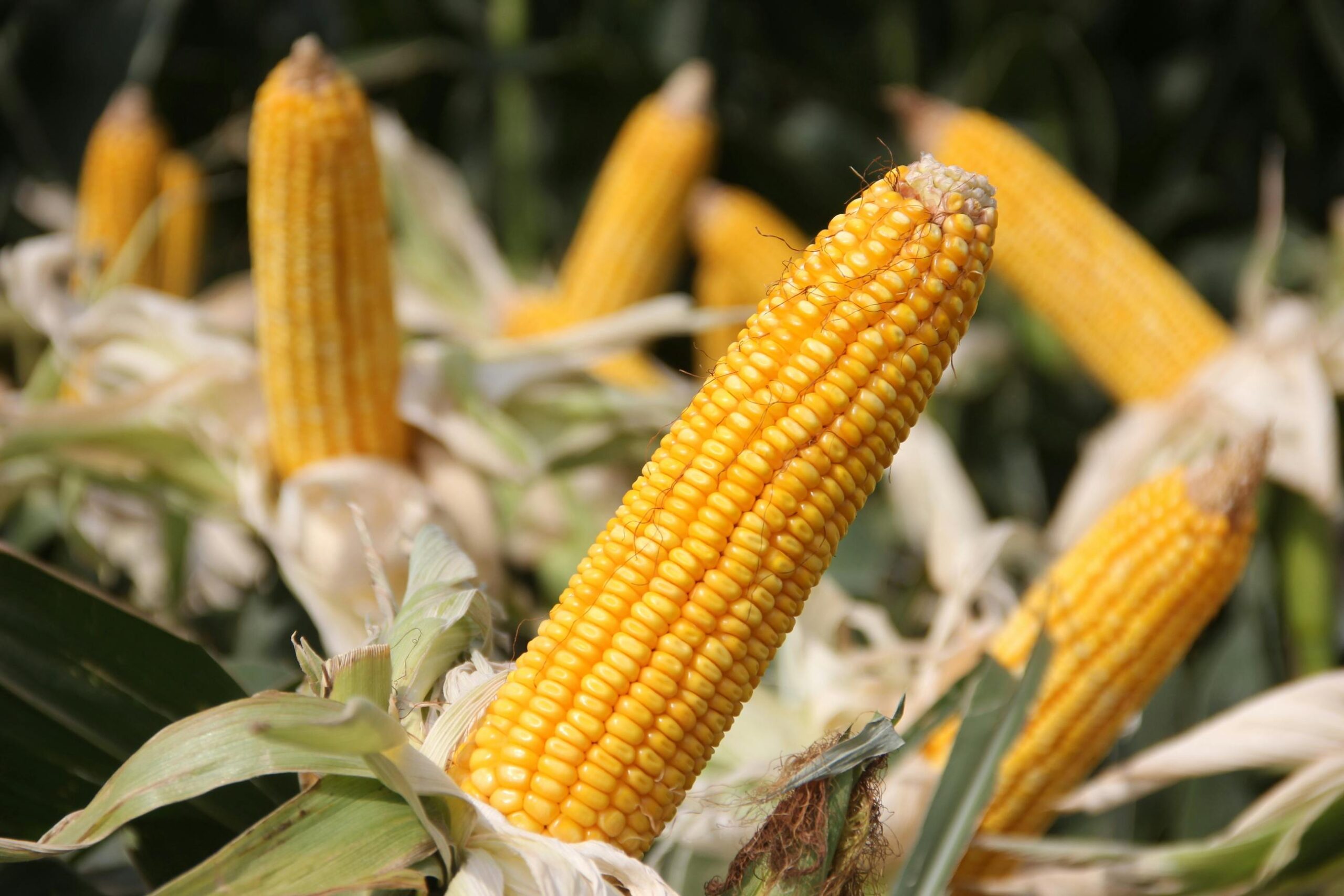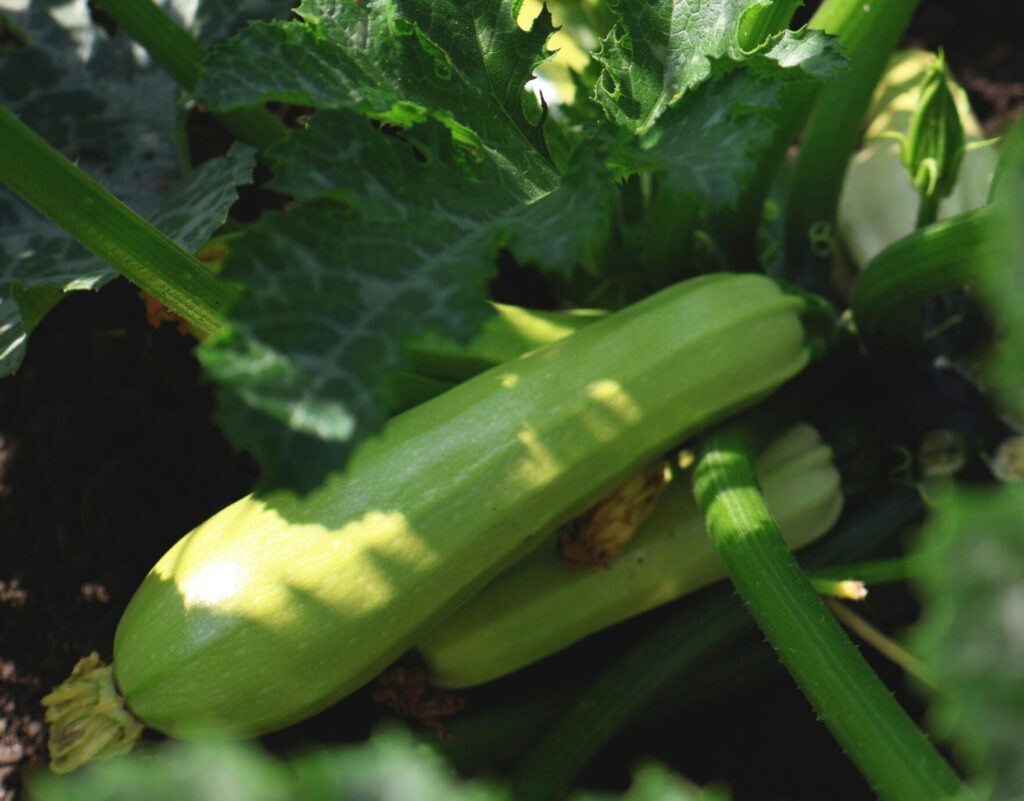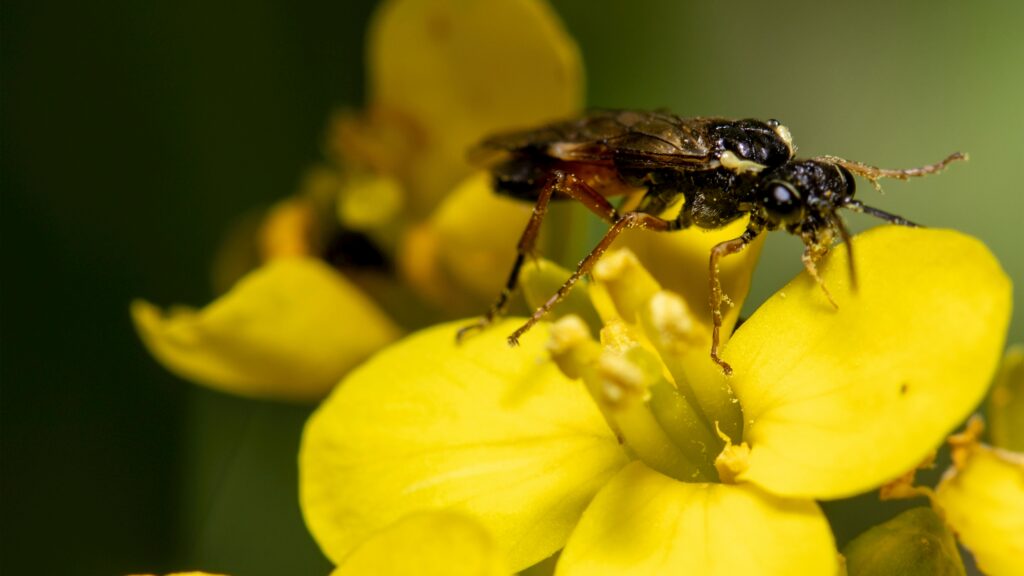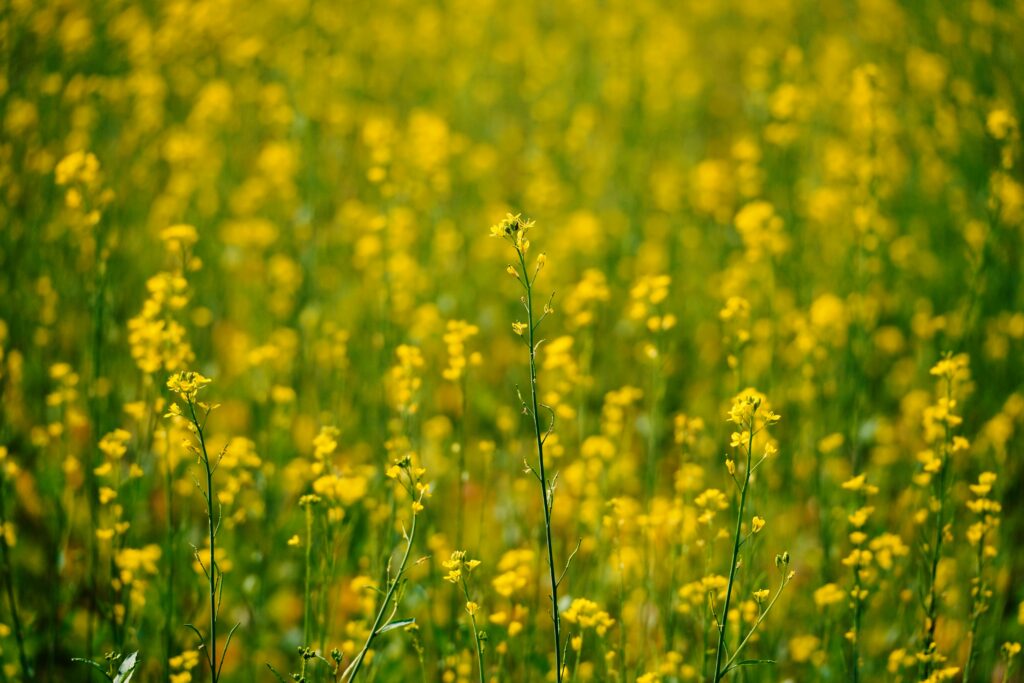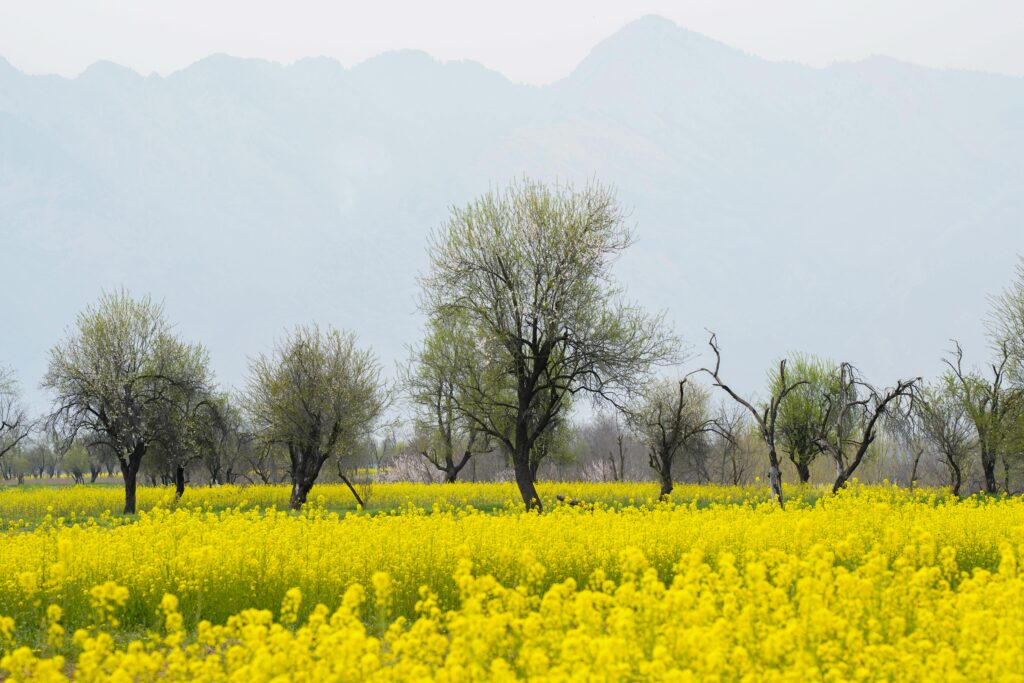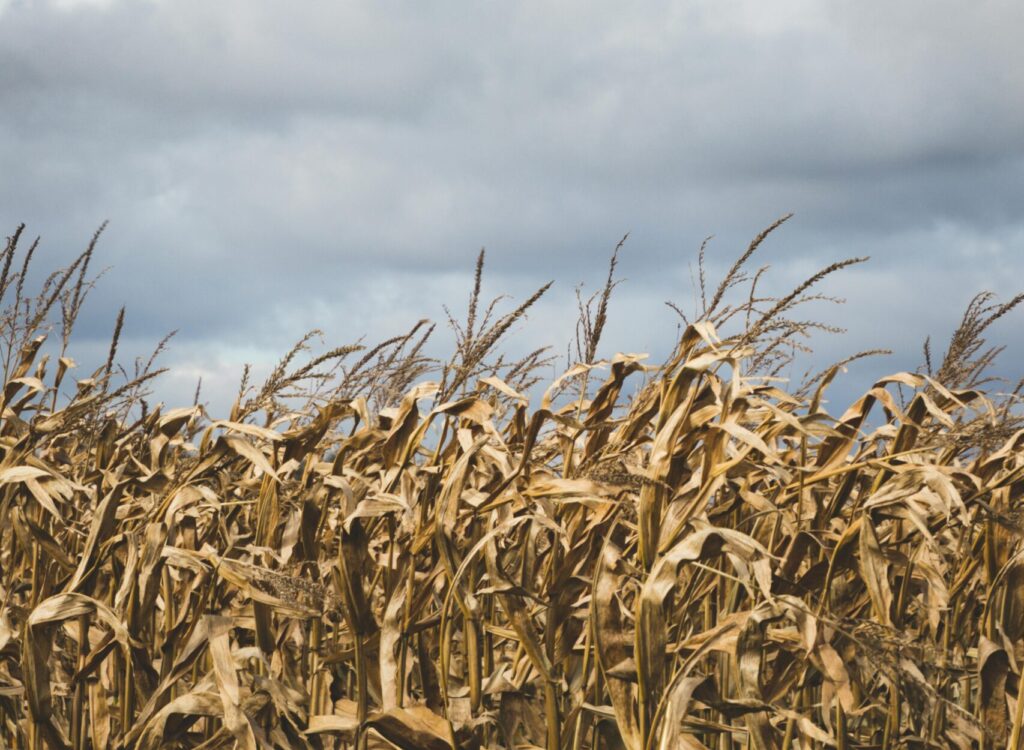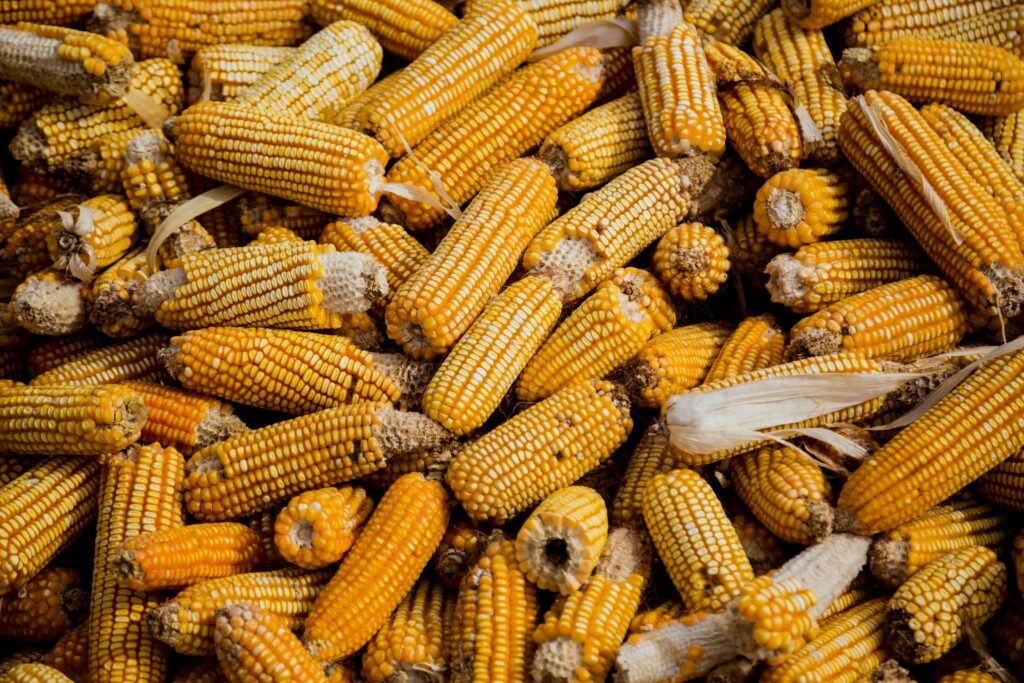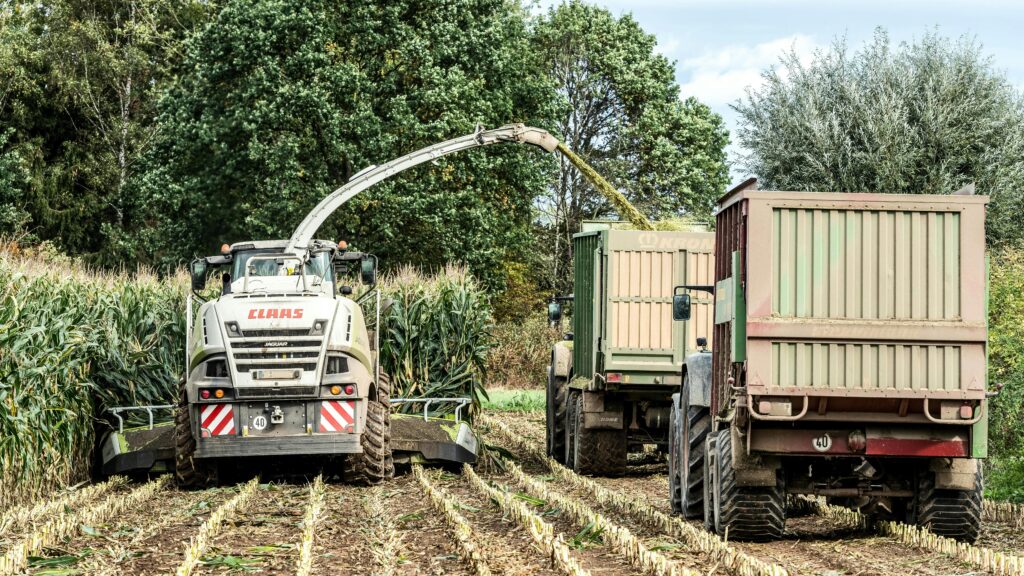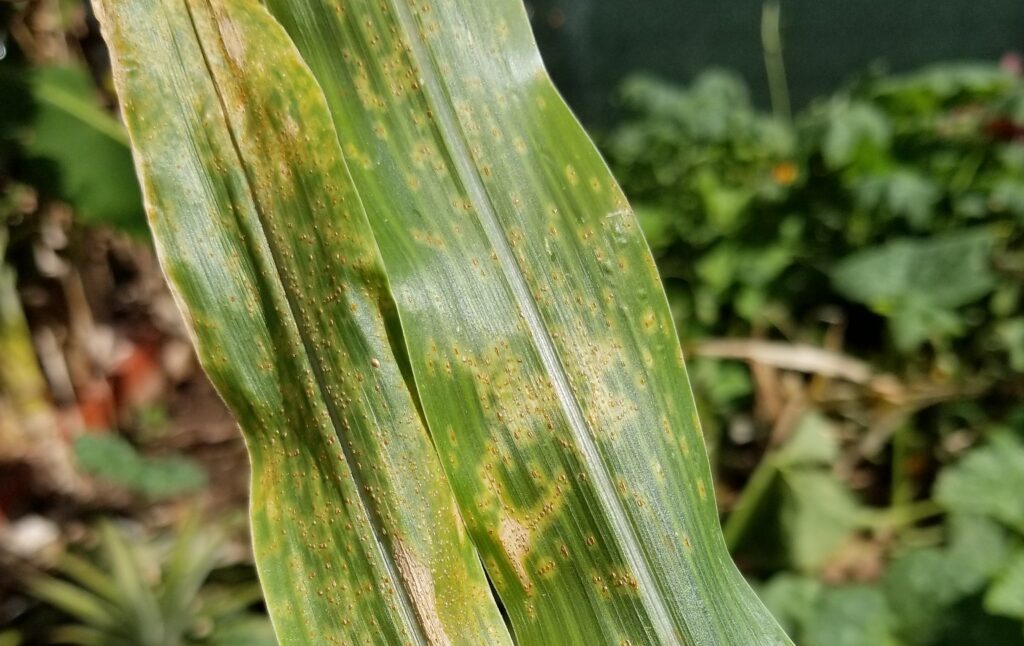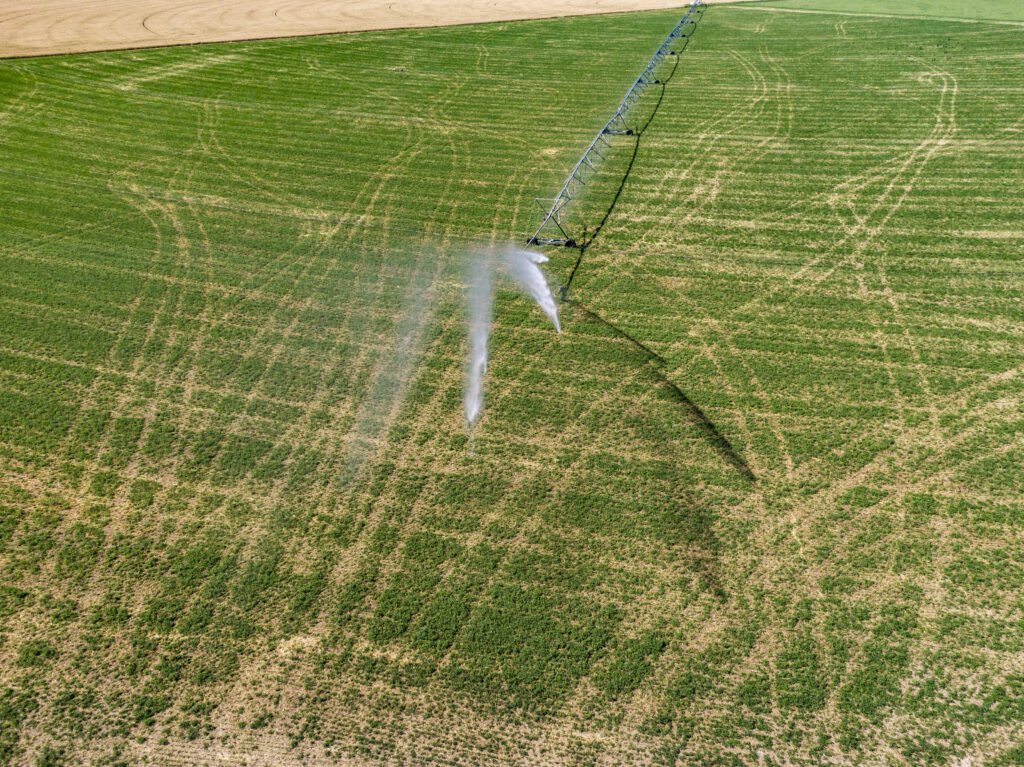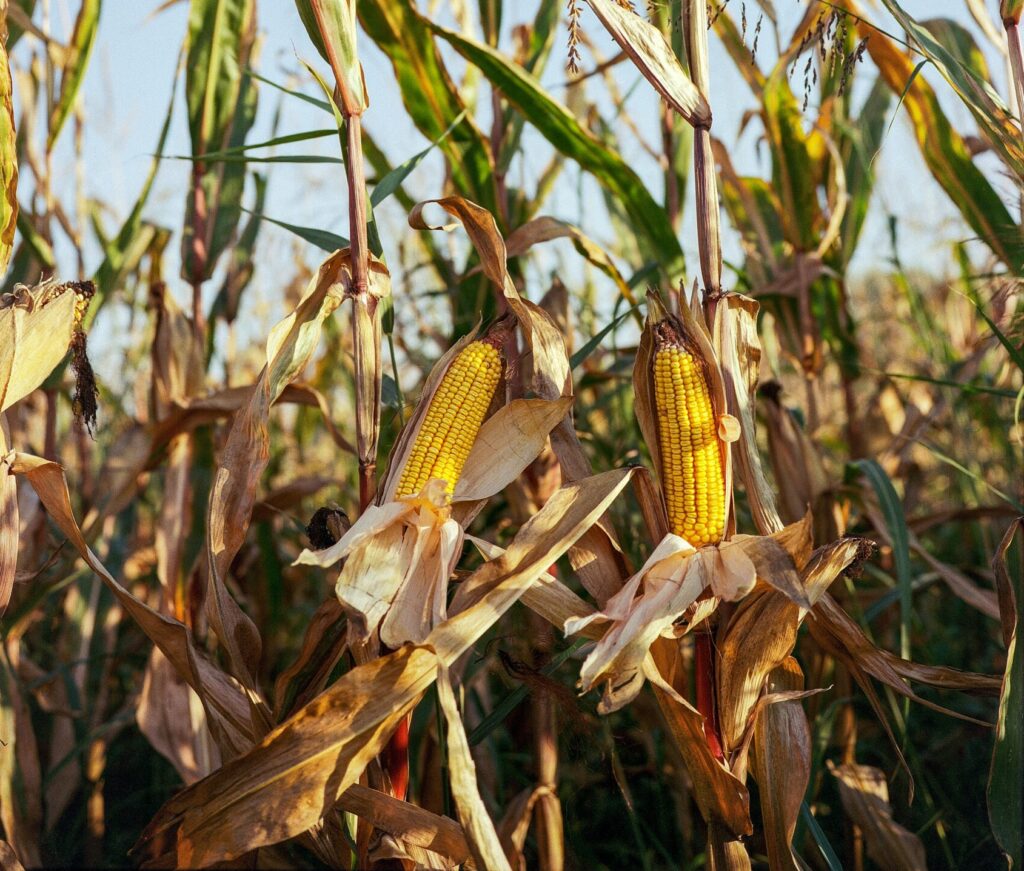Corn, often referred to as “maize” in many parts of the world, is an incredibly valuable crop with numerous benefits for society, the economy, and the environment. Its cultivation supports global food security, contributes to renewable energy, and promotes sustainable agricultural practices, making it one of the most widely grown crops in the world.
As a staple food source, corn provides essential nutrients and is a primary food ingredient for many cultures, serving as a base for products like cornmeal, tortillas, corn syrup, and corn oil. Beyond direct human consumption, corn is integral in producing animal feed, which helps meet the protein demands of growing populations by sustaining livestock industries worldwide. This makes corn cultivation vital not just for communities that consume it directly but also for countries dependent on animal-based food products.
Corn’s role in biofuels, particularly ethanol production, is another reason why cultivating this crop is increasingly crucial. As countries seek alternative, renewable energy sources, corn-derived ethanol provides a cleaner-burning fuel option, reducing greenhouse gas emissions compared to fossil fuels. By supporting biofuel production, corn cultivation aids in energy diversification, reduces dependency on oil imports, and contributes to the global goal of lowering carbon footprints.
From an environmental perspective, corn is beneficial in crop rotation systems, a practice that helps restore soil health, control weeds, and reduce pests naturally. Crop rotation with corn, especially with legumes like soybeans, replenishes soil nitrogen levels, minimizing the need for synthetic fertilizers and promoting more sustainable farming methods. Corn’s adaptability to different soil types and climates also makes it a resilient crop choice, supporting food production in diverse regions around the world, from temperate climates to tropical zones.
Finally, corn cultivation drives economic growth. It generates significant revenue for farmers and supports a wide range of industries, from food processing to renewable energy. The corn industry provides jobs across multiple sectors, helping to sustain rural economies and supporting communities that depend on agriculture as their primary source of livelihood.
In conclusion, corn is more than just a crop; it is a cornerstone of food security, sustainable agriculture, and renewable energy. Its versatility, nutritional value, economic contributions, and environmental benefits underscore why corn cultivation is essential for a sustainable future.






